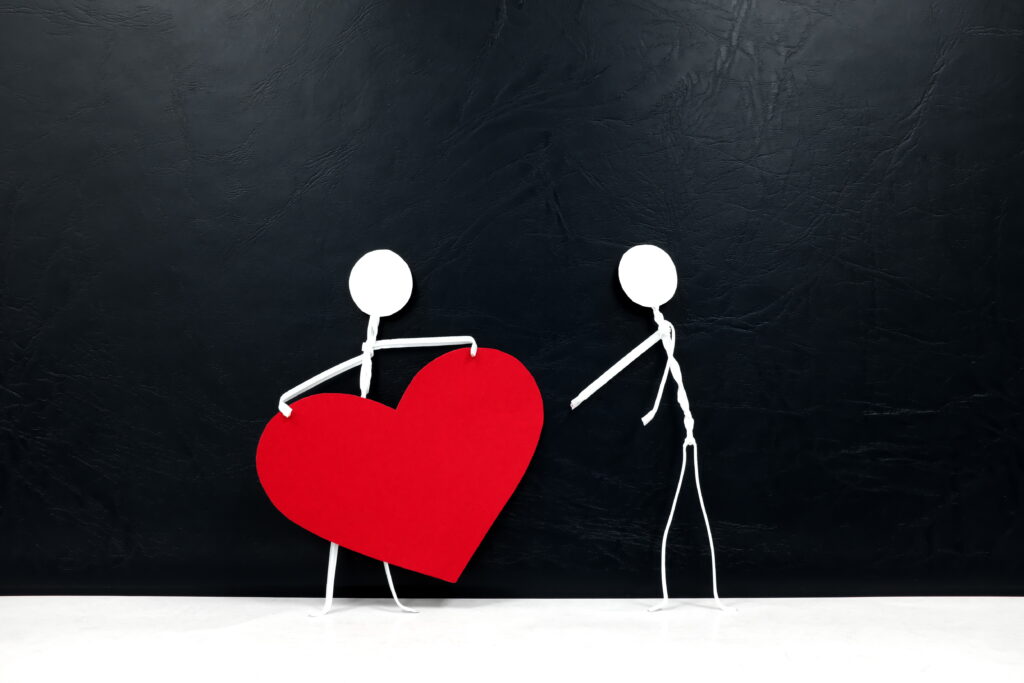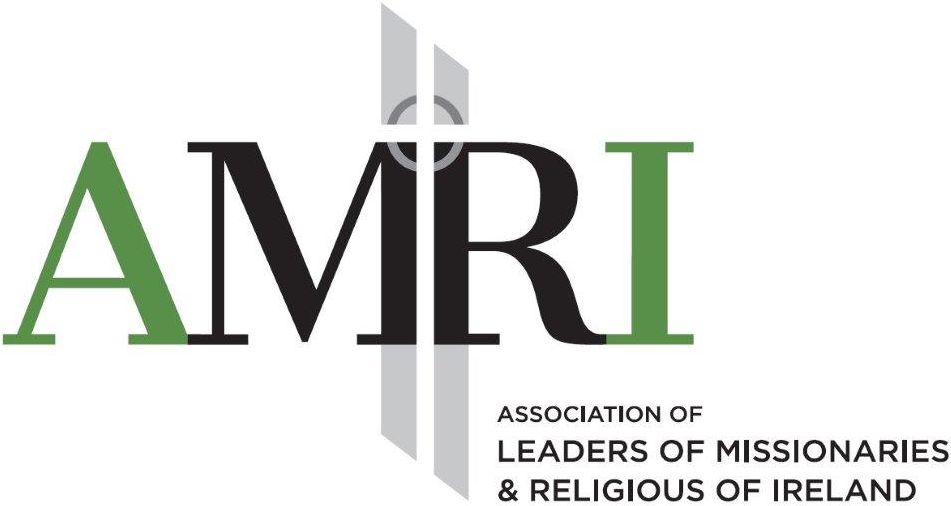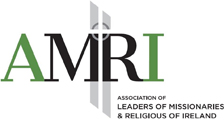
“What’s love got to do with it” in a rapidly changing global landscape?
By Dr. Toni Pyke
“I give you a new commandment: love one another. As I have loved you, so you also should love one another” (John 13:34).
Last Saturday I joined the Vocations Ireland conference – A Hope Filled Church, which enabled an intergenerational conversation between young people and members of religious congregations. At the very end of the conference, one member of the youth group stood up and highlighted the distracting “noise” and “chaos” that bombards young people across various life contexts in contemporary society. She also noted the absence of “leadership” and “guidance” within ‘the Church’ for young people to navigate the course of their lives within this context. Living with 2 young people in my own home, I am all too conscious of this struggle in trying to make sense of our increasingly fragile geo-political, environmental, economic and social realities and their place within this.
The constant negative news of a seemingly uncaring world can be quite overwhelming. This morning for example, as I switched on my laptop I was met with news of a “‘botched’” firing squad execution in South Carolina”. In the year 2025, there are still state sanctioned firing squads, due in part we’re told to the challenges of supply of the drugs needed for lethal injections that creates a backlog on death row! In the UK, the doubling down towards “Restoring Control over the Immigration System” to prevent what the Prime Minister titled, “an army of strangers”. In Ireland and across Europe, the rise of the so-called “far right” that is gaining momentum and who are utilising Christian symbolism and scripture to facilitate their position. More killed and even more starved to death in Gaza. Renewed fighting in Sudan, the ongoing war between Russia and Ukraine, and those are just 3 of the 110 armed conflicts around the world. This is without mentioning the social pressure to look and behave a certain way. Or the escalating gender violence across the world encouraged through online hate forums such as those perpetuated by ‘influencer’ Andrew Tate, recently highlighted in the much talked about Netflix series, Adolescence. What is perhaps most sinister is the reality of George Orwell’s prediction in his novel 1984 of ‘doublethink’ and ‘doublespeak’ that today confuses and insults our communication. The ‘alternative facts’ promoted by some governments along with the blatant lies, untruths, mistruths and the frustration when you are seeking to establish the truth and are prevented by doing so behind a paywall.
Recently, I watched the dystopian miniseries on Netflix Years and Years, which follows the lives of the Lyons family, based in Manchester UK who live through increasingly turbulent and chaotic times over a 15-year period between 2019 and 2034. Written in 2018, the series is terrifyingly on target with many of its predictions. Across the 6 episodes, the series tackles many of the contemporary realities and future threats to human rights and the existence of human and environmental species. Issues such as immigration, disability, race, gender, LGBTQ+ and generational issues, poverty and income inequality, the rise of technology and its impact on society, in particular the obsolescence of employment opportunities for human beings and the potential for us to become “trans-human”. This is all encased in the chaotic breakneck speed of the changing political and social landscape. It is “all quite depressing” as my mother commented, and who only managed to sit through 1 episode. For those who don’t wish to watch the seemingly apocalyptic series, the scene that I think best encapsulates the story is when the grandmother, the glue that holds all the family together, reflects on the situation that we currently face, “Dear god, what a carnival,” she states. In this short scene, she demonstrates how our collective indifference is to blame for the current global situation. She does this through a narrative of the “£1 T-shirt” that “we can’t resist” and the fast-track supermarket checkouts that replace the human cashier. Key to her argument is that we “allowed” to let this happen and said nothing and that “we like this” because “we don’t have to look that woman in the eye. The woman who’s paid less than us”. Our silence is consent.
However, when one does get through all the 6 episodes (but I must warn you however, that there is violence, language and sex scenes so it is not for everyone), the final episode demonstrates the power of revolutionary attempts and collective action by ordinary people to enable change. As I reflect on the series, I consider 3 observations that are key to possibly navigating these turbulent times: the importance of human connections; the values in embracing diversity and ensuring human rights and human dignity, and the overwhelming power of love. As one of the Lyons family members is dying at the end of the series (apologies spoiler alert), she is having her ‘data’ (memories) downloaded and stored in water (a scary future prospect), she demonstrates that all this information is nothing without the human connections, “they are love. I am becoming… love. I am love.” A simple, yet fundamental message and the foundation of our Christian faith, “the greatest of these, is love” (1 Corinthians 13:13).
So, this brings me back to the young person at the Vocations Ireland conference last Saturday, who asked, “where is ‘the Church’” in guiding young people through all of this? The answer lies in this fundamental message of love. The life and teachings of Christ have the answers we need. Perhaps the world needs a reminder of the power of love, the need for connections and the shared journey with others and the planet. Pope Francis was a shining light in the darkness in helping us to navigate such issues and during the 12 years of his papacy, he paved a hope-filled path for this journey. He encouraged us in 2025 to become pilgrims of hope and to dare to dream for a better, more just world. Early signs of our new Pope Leo XIV indicate that he will continue this leadership and walk with us along this same path. As Christians, it is our role to carry the light and encourage the journey and to walk as pilgrims alongside others. To not be afraid to speak out for social and environmental injustice. To encourage ethical use of technology and to ensure that no-one is left behind in the change that will continue to evolve.


